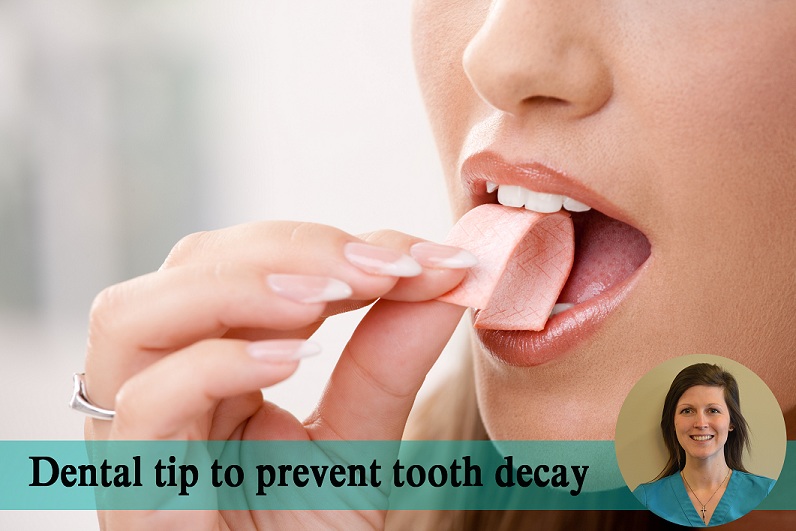Everyone suffers occasionally from bad breath. Bad breath is most commonly caused by conditions in your mouth, such as the food you eat, and how often you clean your teeth, gums and tongue. This is a dental problem, which you can probably fix yourself.
Read these tips on how to keep your breath fresh:
-
Floss and brush your teeth, gums and tongue daily to prevent bad breath. Clean as far back on your tongue as you can, as that’s where bacteria often collect. If you don’t clean your mouth, any remaining food particles will attract bacteria, which cause bad breath and contribute to tooth decay.
-
Brush and floss your teeth after eating. If you can’t do a thorough cleaning, drinking water or chewing sugar-free gum are good options.
-
Use fluoride mouth rinse for fresher breath. Not only can decayed teeth hurt, they may have an awful odor. Tooth decay can be prevented with fluoride toothpaste and proper dental care.
-
Be aware that certain foods — such as garlic, onions and some spices — can contribute to bad breath for up to 72 hours after eating.
-
Drink plenty of water throughout the day.
-
Keep your nasal passages free. Blowing your nose and making sure you are breathing through your nose rather than your mouth will contribute to fresher breath.
-
Stop smoking.
-
Eat more fresh, crunchy fruits and vegetables. The act of chewing on raw, healthy foods enhances saliva flow and also pushes food debris out from between teeth and spaces between the gums and teeth.
-
Bad breath can also be an early symptom of periodontal or gum disease. Gum disease is an infection that affects the gums and jawbone, which can lead to a loss of gum and teeth. If left alone, the bacteria will build up on your teeth and irritate the gums. Flossing helps removes food particles from between the teeth and under the gum line. Be sure to also visit your dentist for periodic cleanings and exams.
-
Dry mouth leads to bad breath. Saliva inhibits the growth of bacteria that contribute to bad breath by cleansing the mouth and removing odour-causing food particles. Dry mouth is also caused by some medications, alcohol and breathing with your mouth open. Drink plenty of water or chew sugar-free gum or candy to keep your mouth moist.
Chronic bad breath however, can be a visible sign that something is not right. If bad breath persists, schedule an appointment with your dentist. It can be an indicator of gum disease or dry mouth. If it is due to an oral condition, your dentist can develop a treatment plan to help eliminate it.

